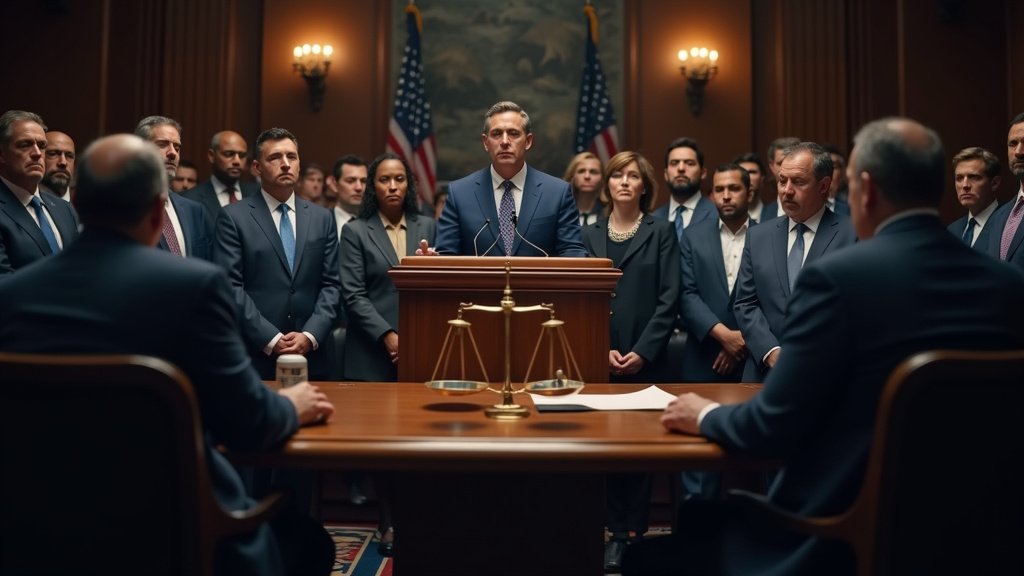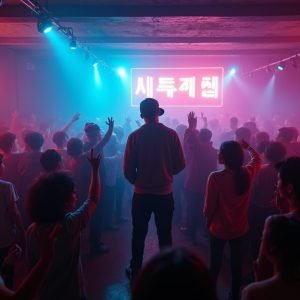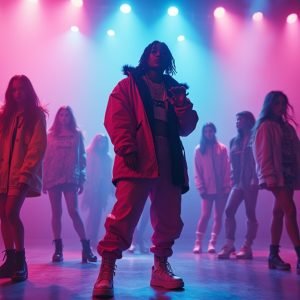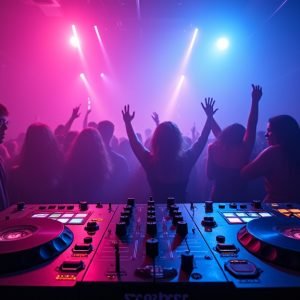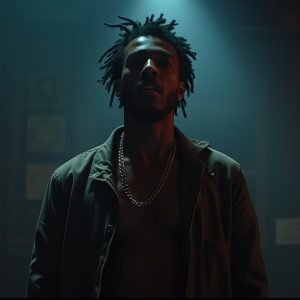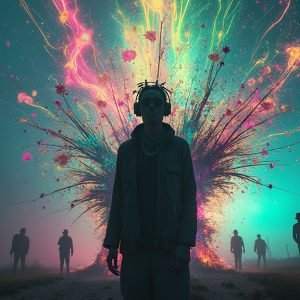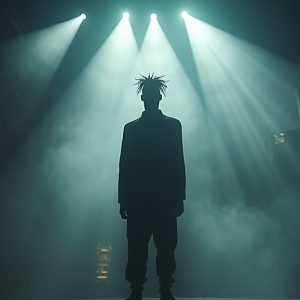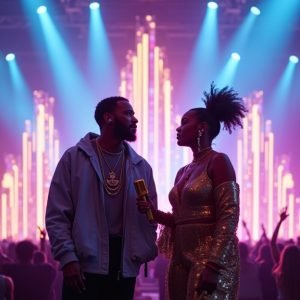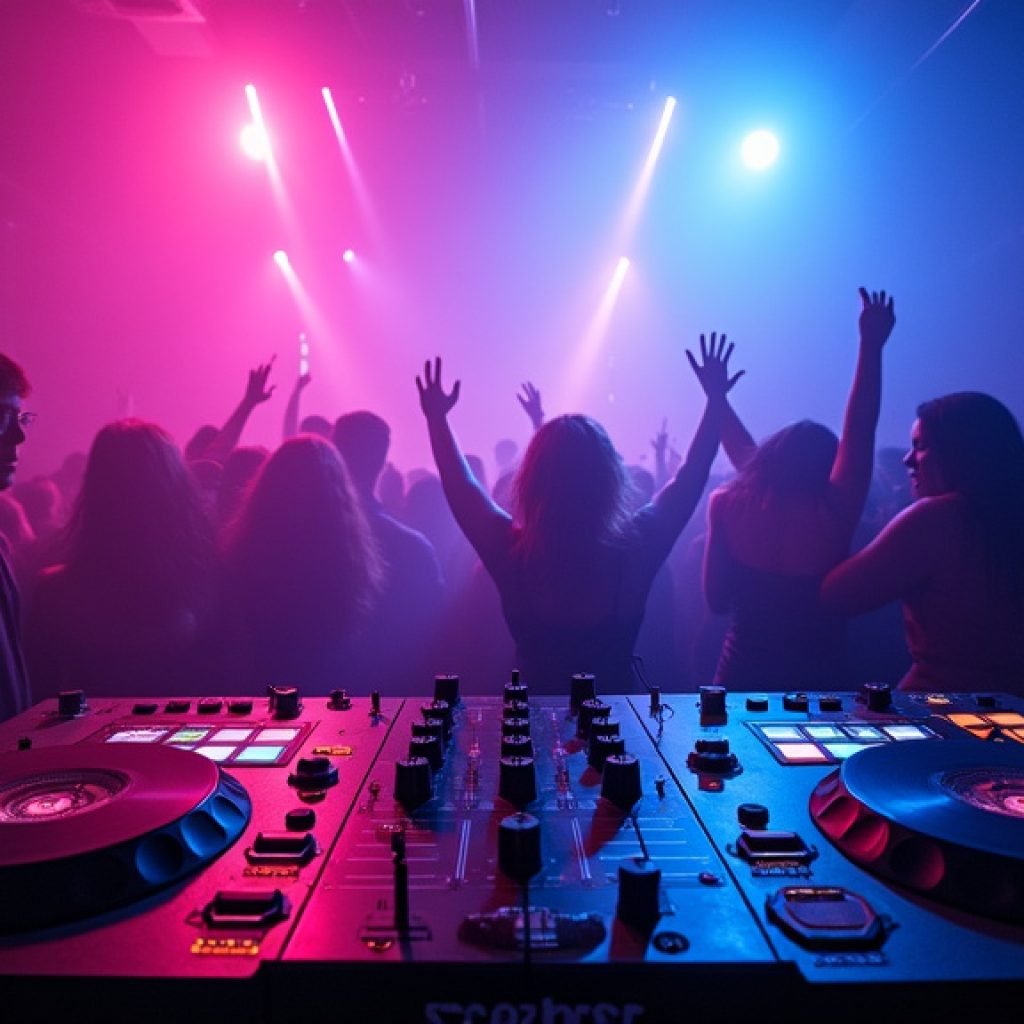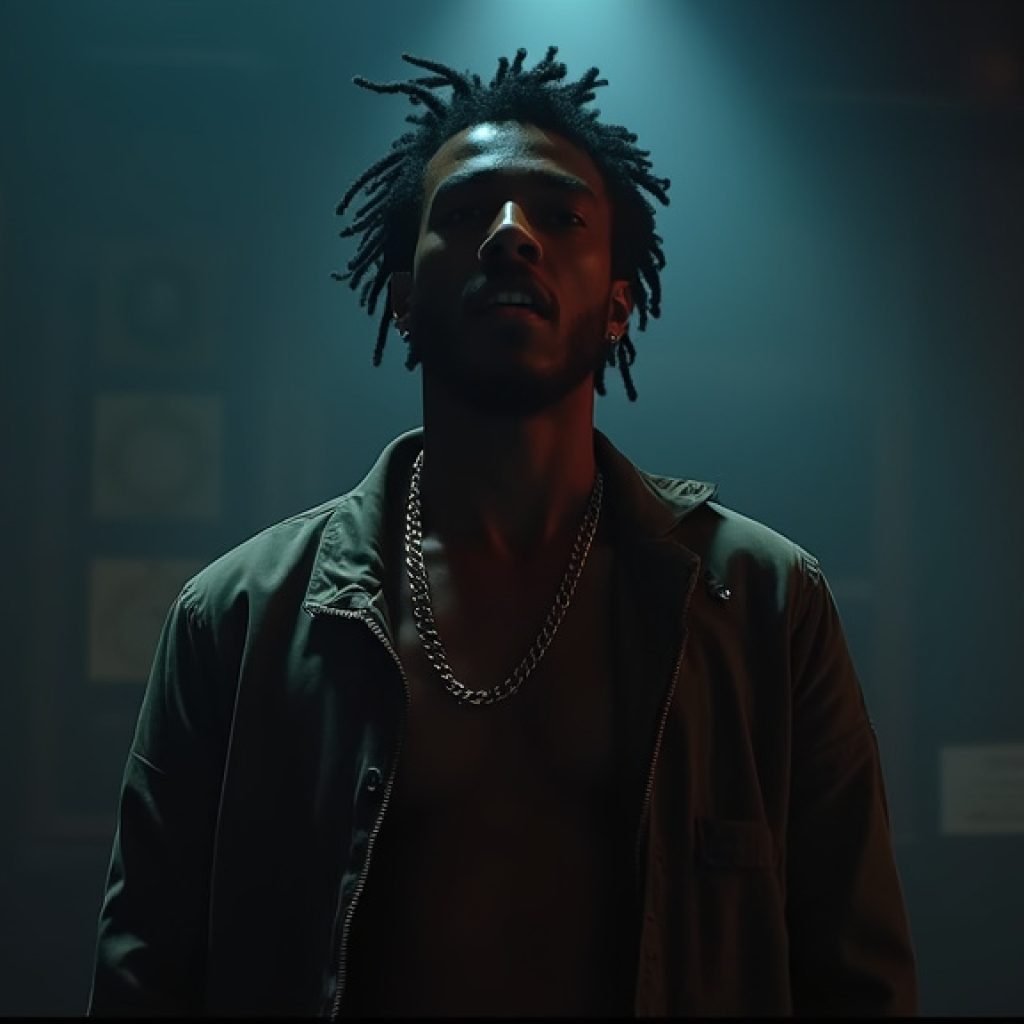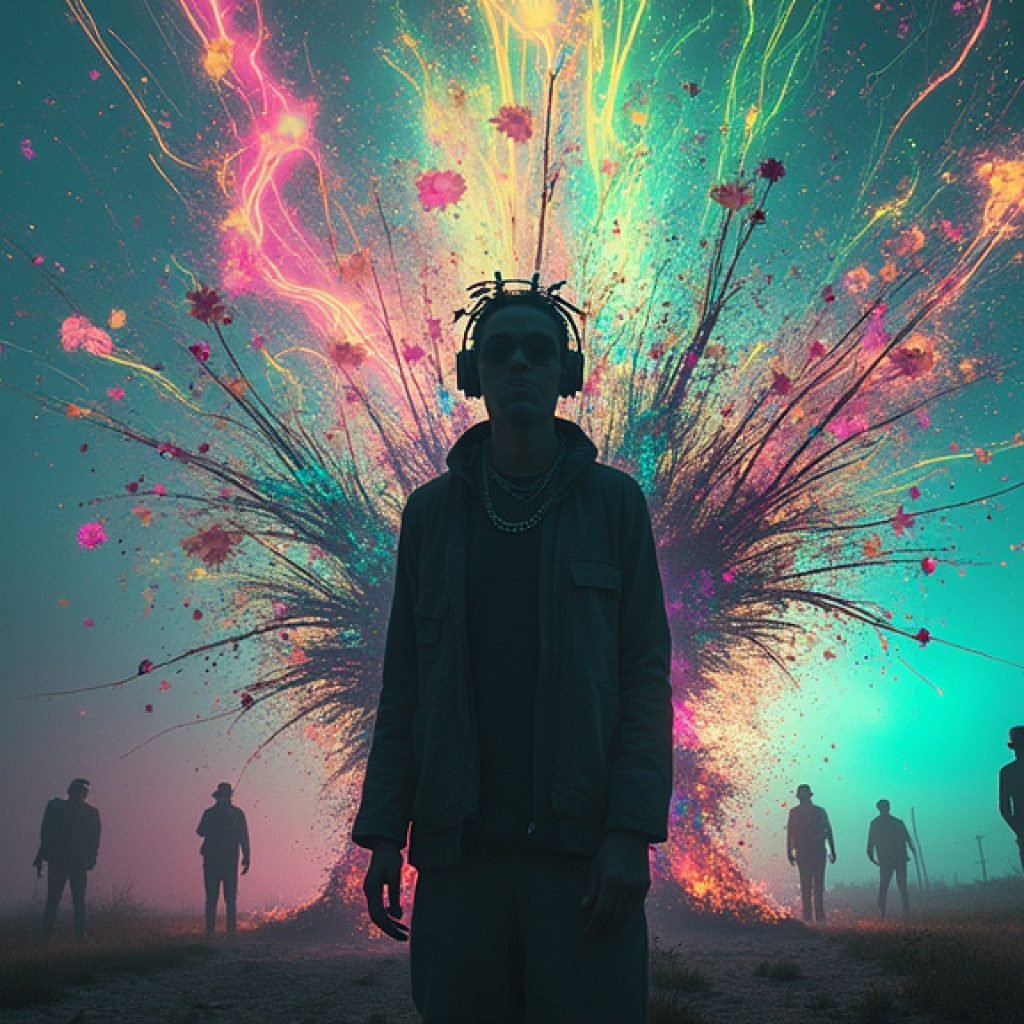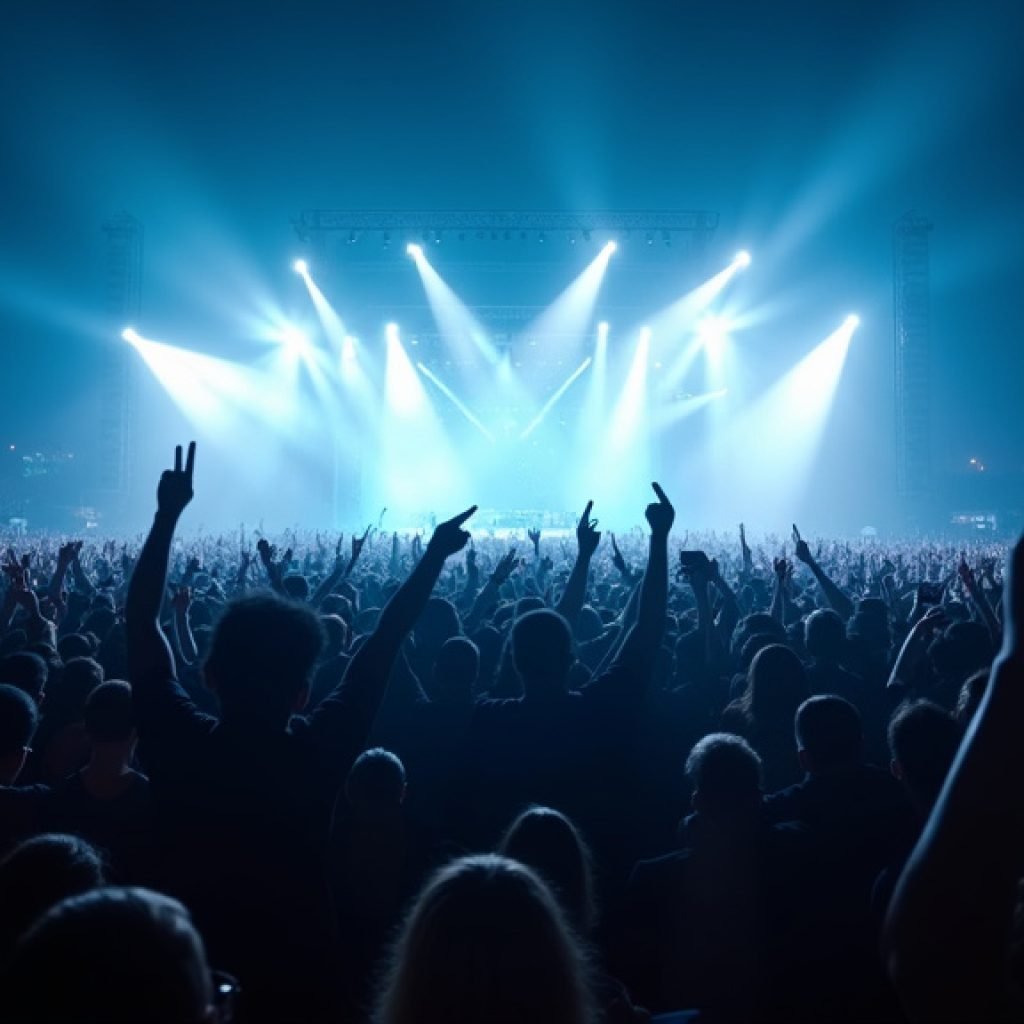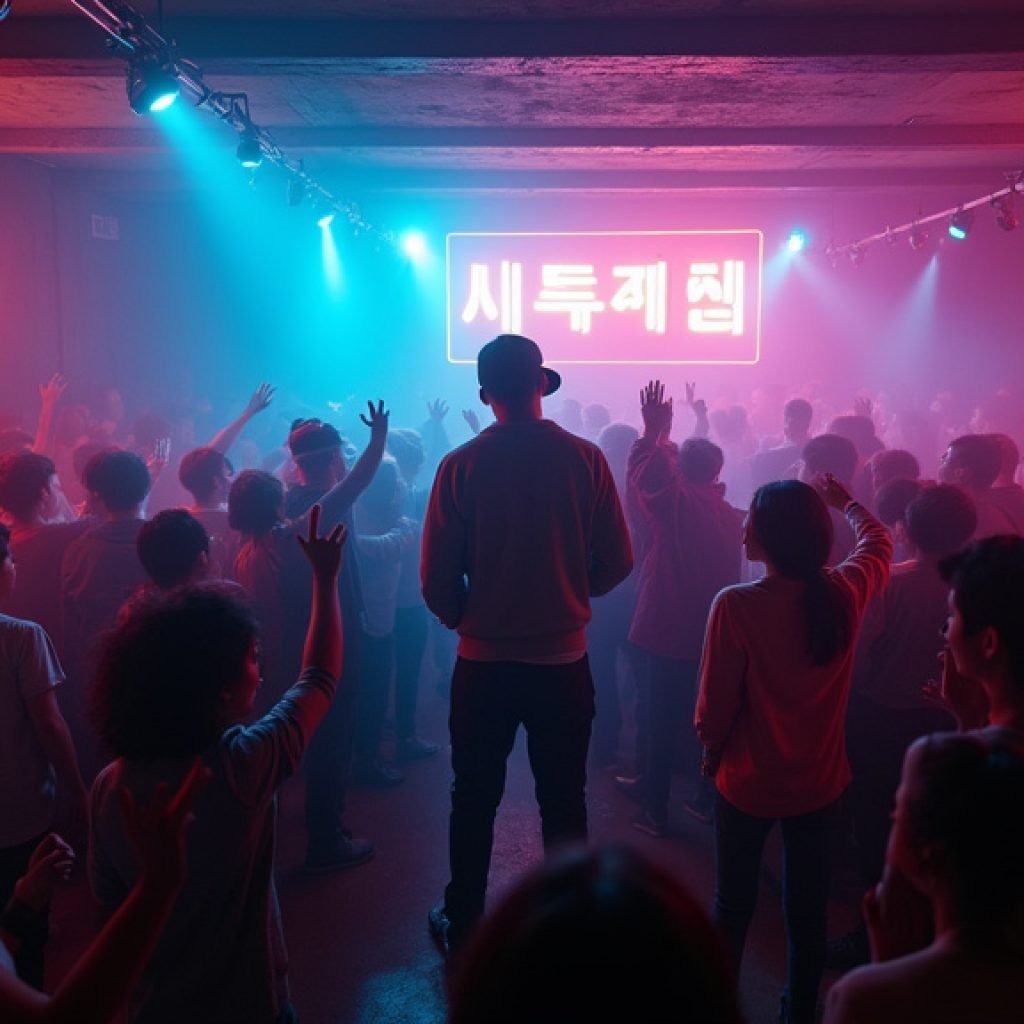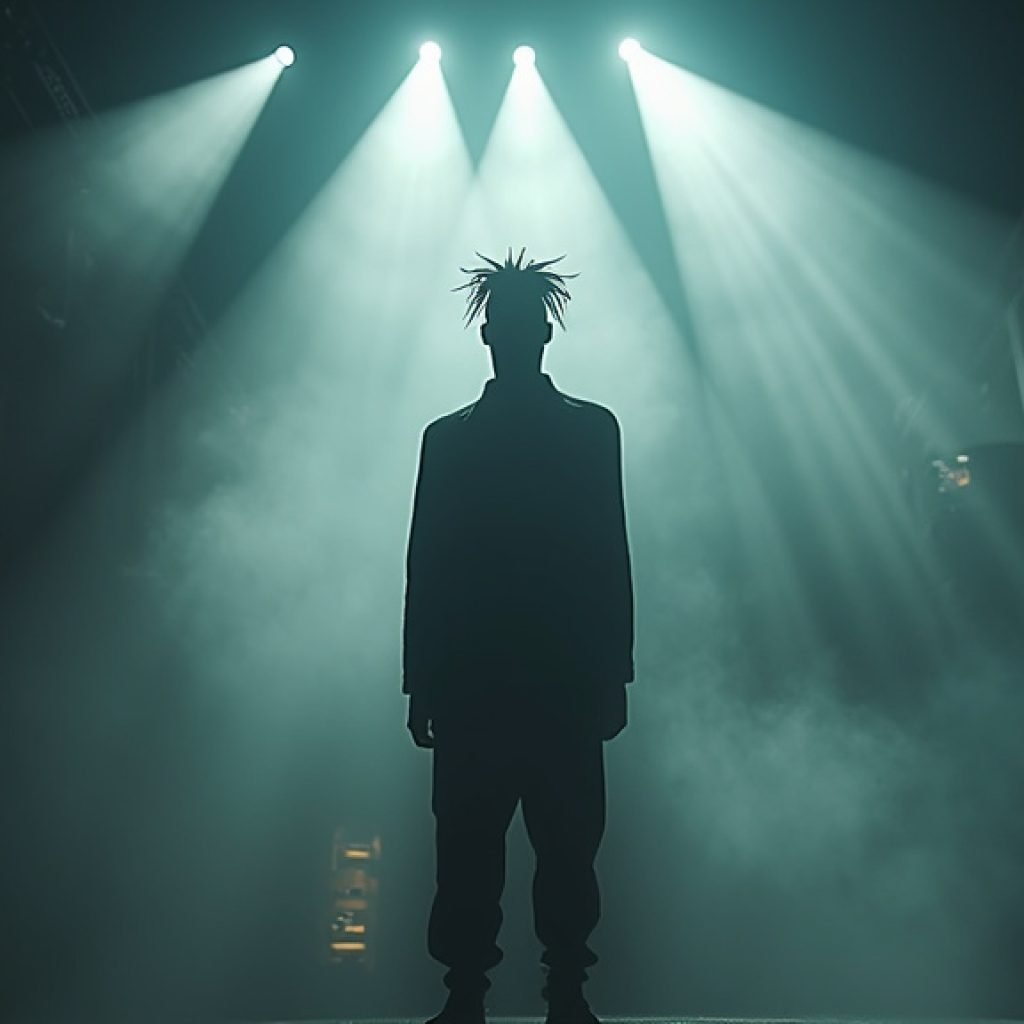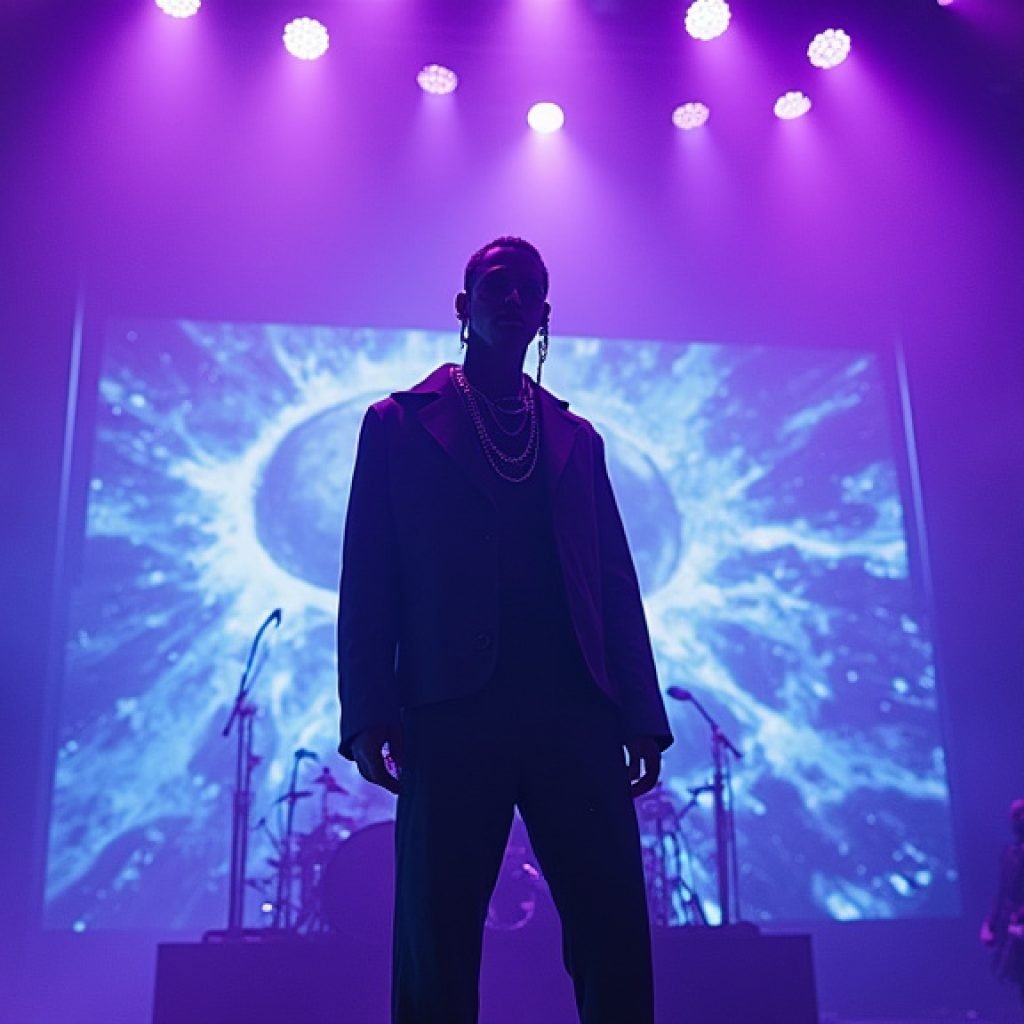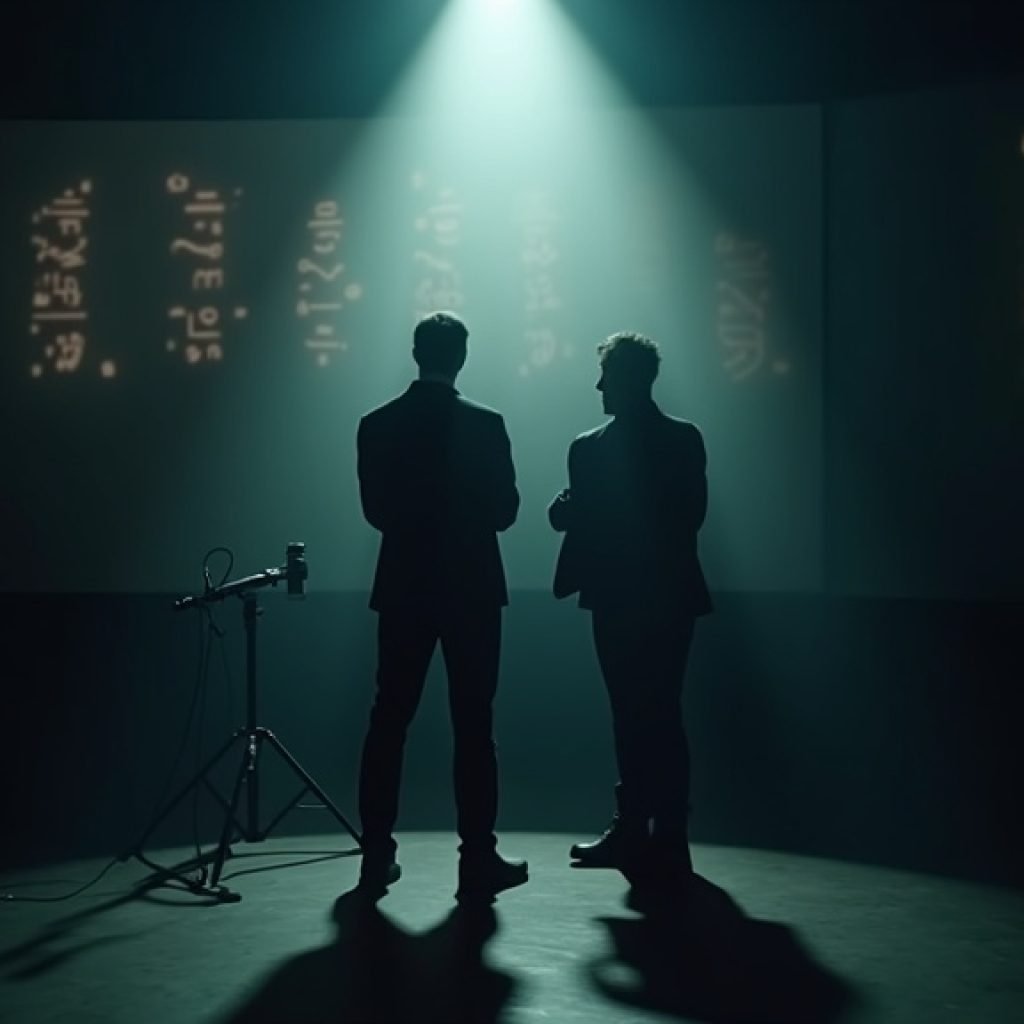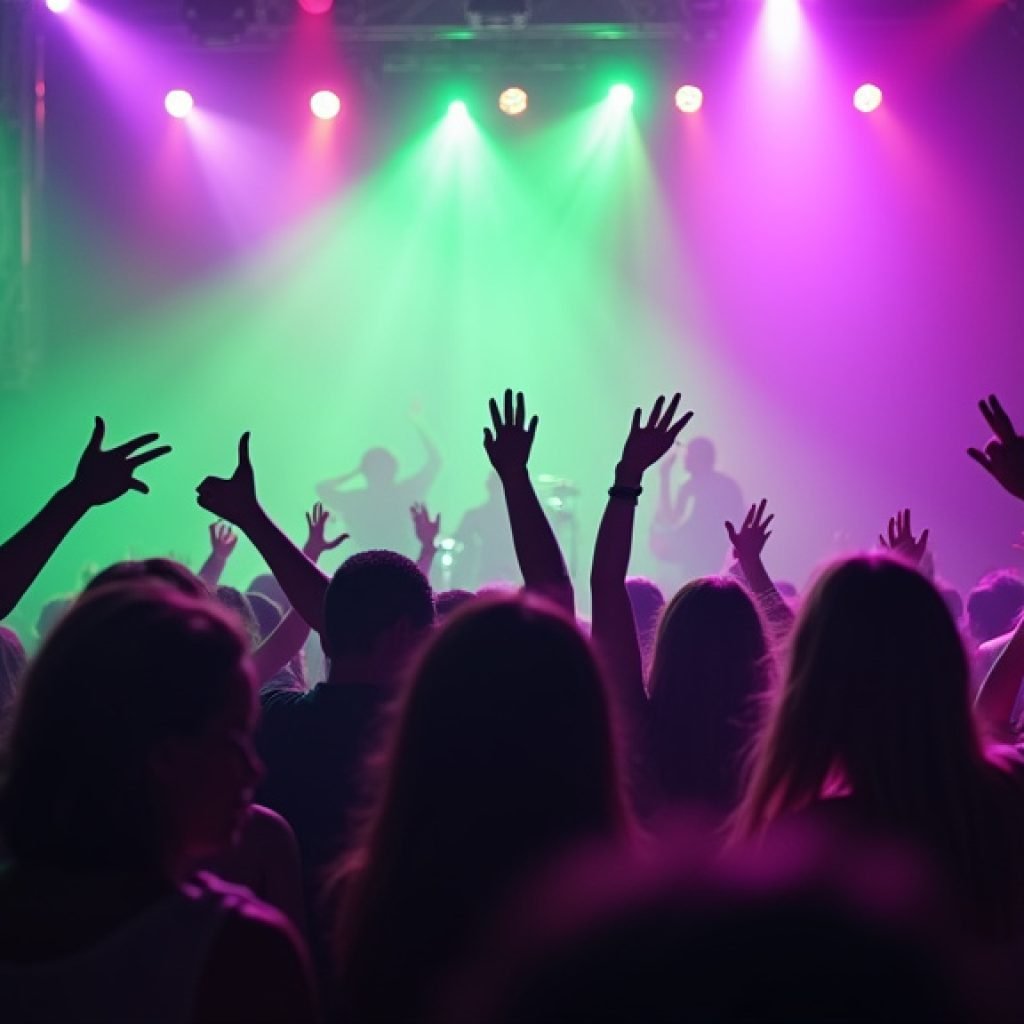WASHINGTON D.C. – A significant legislative effort to safeguard artistic expression is once again before Congress, with the reintroduction of the Restoring Artistic Protection (RAP) Act. Championed by a broad coalition of artists, music industry powerhouses, and civil liberties advocates, the bill aims to prevent song lyrics and other creative works from being unfairly used as evidence in U.S. courtrooms.
This renewed push, led by Representatives Hank Johnson (D-GA) and Sydney Kamlager-Dove (D-CA), seeks to establish a federal standard that recognizes the distinct nature of artistic creation, particularly within genres like hip-hop, which have been disproportionately targeted by the practice of admitting lyrics as confessions or evidence of guilt. The music industry views the RAP Act as a crucial step in defending the First Amendment rights of creators and preventing the criminalization of art.
The Core of the RAP Act: Elevating the Standard for Evidence
The Restoring Artistic Protection Act proposes critical amendments to the Federal Rules of Evidence. At its heart, the bill seeks to create a presumption against the admissibility of an artist’s creative or artistic expression, including music lyrics, poems, and other works, in federal criminal and civil proceedings.
Under the proposed legislation, prosecutors would face a significantly higher burden of proof. They must demonstrate with “clear and convincing evidence” that the creative work in question is directly relevant to a material fact in the case, and not merely suggestive of criminal intent or character. This would necessitate an evidentiary hearing before a judge, separate from the jury, to establish the relevance and intent behind the artistic expression. The bill also includes limitations for civil trials, a notable expansion from previous iterations. This stringent process aims to prevent lyrics from being admitted based solely on their content or message, or used to unfairly prejudice a jury.
A Troubling Precedent: Lyrics on Trial
The debate over using song lyrics as evidence in court is not new and has a long, contentious history, particularly within the hip-hop community. Critics argue that this practice fundamentally misunderstands artistic intent, often conflating fictional narratives, metaphors, and hyperbole with literal confessions or factual accounts. This misinterpretation has led to the conviction of numerous artists, including prominent figures and lesser-known creators alike.
High-profile cases that have drawn significant attention include those involving Tupac Shakur, and more recently, rappers like Young Thug and Gunna, whose lyrics have been used to support RICO charges. Other instances include Mac Phipps, Tommy Canady, and Lawrence Montague, where lyrics were presented to portray a defendant’s character or alleged violent intent. Research indicates that in over 820 identified cases, creative works have been admitted as evidence, with a substantial number occurring by 2020.
A central critique of this practice is its disproportionate impact on Black artists and the perpetuation of racial and cultural biases. The genre of hip-hop, which often draws on themes of struggle, societal injustice, and urban life, is frequently misunderstood and stereotyped by those outside its cultural context, leading to prejudiced interpretations in legal proceedings. The ACLU and other civil rights organizations have consistently opposed this practice, asserting that it violates First Amendment protections and leads to a two-tiered justice system where certain forms of expression are less protected.
A United Front: Industry and Advocacy Back the RAP Act
The reintroduced RAP Act has garnered robust support from a wide array of stakeholders within the music industry and beyond. Leading organizations such as the Recording Academy, the Recording Industry Association of America (RIAA), Universal Music Group, and Warner Music Group have publicly endorsed the bill, highlighting a unified concern over the implications of using artistic works as direct legal evidence.
Advocacy groups like the Black Music Action Coalition, PEN America, and the Foundation for Individual Rights in Education (FIRE) are also actively backing the legislation, emphasizing its importance for protecting free speech and artistic freedom. The bill’s proponents argue that the current use of lyrics stifles creativity, creating a chilling effect that discourages artists from expressing themselves authentically for fear of legal repercussions.
Representatives Hank Johnson and Sydney Kamlager-Dove are spearheading the current legislative effort, building on prior introductions of the RAP Act by Johnson and former Representative Jamaal Bowman. The bill has also seen bipartisan support, indicating a growing consensus on the need for reform.
The Road Ahead: Legislative Momentum
While the RAP Act has been introduced in previous congressional sessions and failed to advance, supporters are hopeful that its reintroduction will gain greater traction this time around. The growing awareness of the issue, amplified by high-profile cases and continued advocacy, is expected to drive momentum.
State-level legislative successes in California (AB 2799) and Louisiana, which have enacted laws limiting the use of rap lyrics as evidence, serve as precedents and potential models for federal action. These state victories demonstrate a growing recognition of the need to protect creative expression within the legal system.
The passage of the RAP Act would represent a significant victory for artistic freedom and civil liberties in the United States. It would establish a nationwide standard to ensure that creative works are appreciated as art and not weaponized against their creators, fostering an environment where artists can explore complex themes and express themselves freely, without fear of unjust prosecution. The music industry and its allies are actively engaged in lobbying efforts to make this critical legislation a reality, aiming to correct a systemic injustice that has impacted countless artists and stifled cultural expression.


